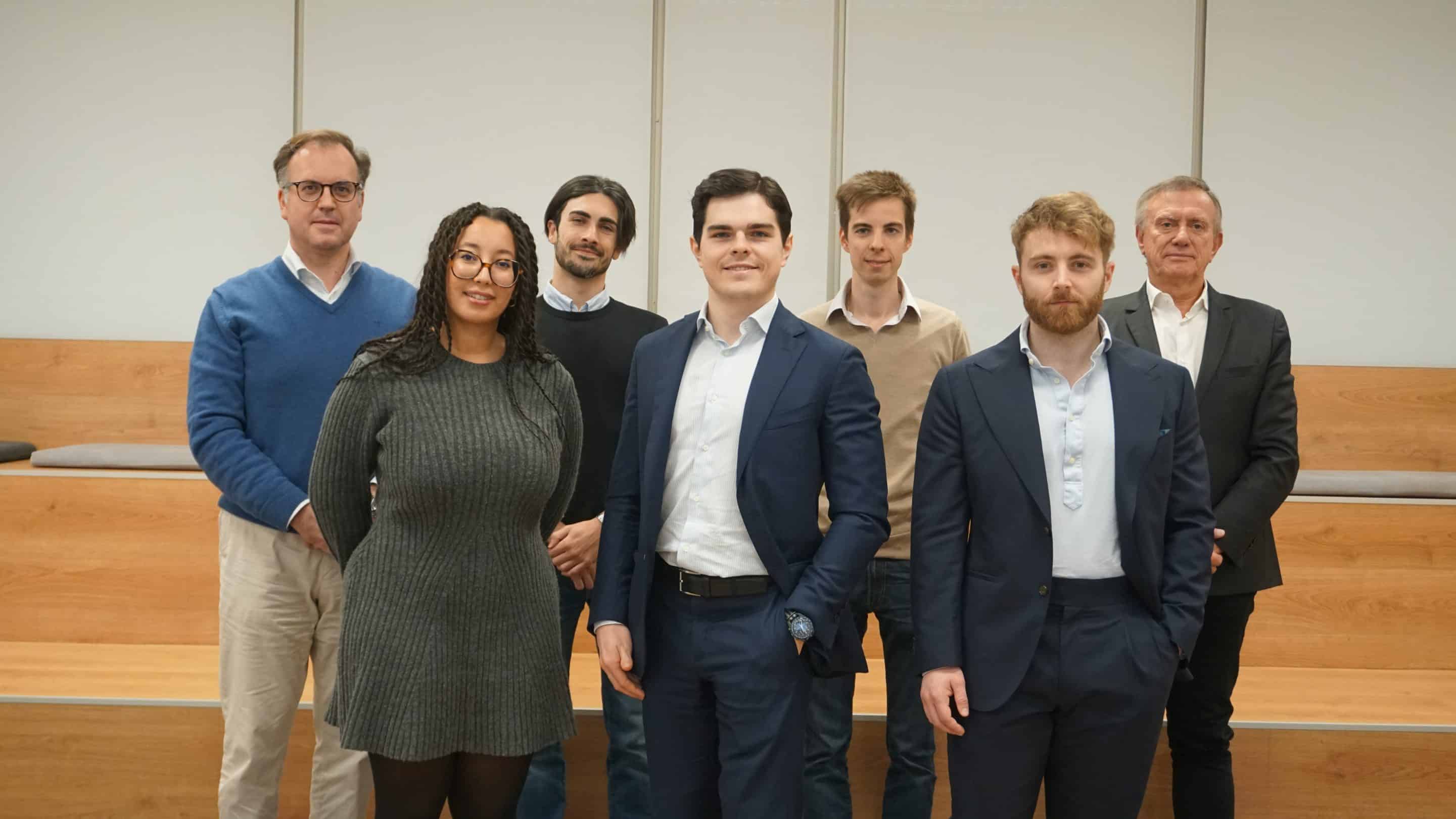The big challenge is for the client to understand sustainable investment regulation

Redacción Mapfre
Investing in line with environmental, social and governance (ESG) criteria is one of the megatrends of recent years and more and more institutional and private investors are asking their asset managers about funds with these characteristics. Now, a few years after the boom, it's time to go one step further and show that these really are sustainable investments and not just another case of greenwashing.
"Sustainable investment has sparked a lot of interest, but as time passes, many asset management companies are falling into greenwashing and marketing rather than investing sustainably. This future for ESG investing is bright, but it’s time to go one step further and show that firms really are investing sustainably, taking into account how strict regulation is," explains Guillaume Gassmann, fund manager and manager analyst La Financière Responsable (LFR).
That's why it's time for the different players to now show “that they are strict and show that their investment is truly sustainable.” Gassmann also points out that there has been a change by clients in the conception of ESG investment and they are looking for much more information than before. "Clients are now very demanding, much more so than a few years ago. Interest is growing rapidly. Companies also report much more data in this regard and clients also ask for more to ensure that they invest in companies that take ESG criteria into account," he said.

However, institutional investors have the greatest interest in this matter, compared to individuals, who sometimes don’t understand regulatory differences between products.
Regulation has played an essential role in the development of this type of investment, although it’s also of great interest to specialist investors due to the speed with which regulations are changing and the difficulty in implementing some of these aspects.
"Regulation is key to understanding what ESG investment is and having greater transparency in products, differentiating those that are truly sustainable from other greenwashing efforts, so it's okay to create common frameworks and indicators. But I think the regulation is moving very fast today. Rules are made, but they are difficult to implement immediately and deadlines for doing so are very tight," says Inès Segueni, a fund manager and LFR analyst.
However, it seems that the greatest challenge is to make regulations clear and easily understandable for private investors. “It’s important for sustainable regulation to have regulation to avoid greenwashing, but it’s even more crucial that it’s clear enough to be easily understood at the client level,” says Martin Andries, fund manager and analyst at the French firm.
Nicolas Théry, head of socially responsible investing (SRI) tools and methods at LFR, adds that it’s also important that regulation doesn’t increase restrictions on fund managers. “One of the risks in this regard is that there will be less and less diversity in the ways in which ESG is managed, interpreted and included in investment processes,” he explains.
Commitment to sustainability
Sustainability has always been a priority for MAPFRE, from the impact of climate change to the creation of quality work, to transparency throughout the organization, and that importance is also reflected in its investment decisions.
In 2017 the Group acquired 25% of the capital of LFR, and in 2023, it raised its holding in the firm to 51%. "Since 2017, we have been committed to sustainable investment and LFR has experience of almost 25 years in this segment as a whole. Over the last five years, we have launched SRI products together, which make use of LFR’s proprietary methodology in the final selection of the securities that form part of the fund portfolio, something that is highly valued by our clients," says José Luis Jiménez, MAPFRE's group chief investment officer.
As it stands, MAPFRE AM has two funds classified as Article 8 products, as per the Sustainable Finance Disclosure Regulation (SFDR). These are the MAPFRE AM Capital Responsible fund, which invests in companies that meet ESG criteria, and the MAPFRE AM Inclusión Responsible fund, which focuses on investing in companies that are committed to integrating people with disabilities into the workplace.



